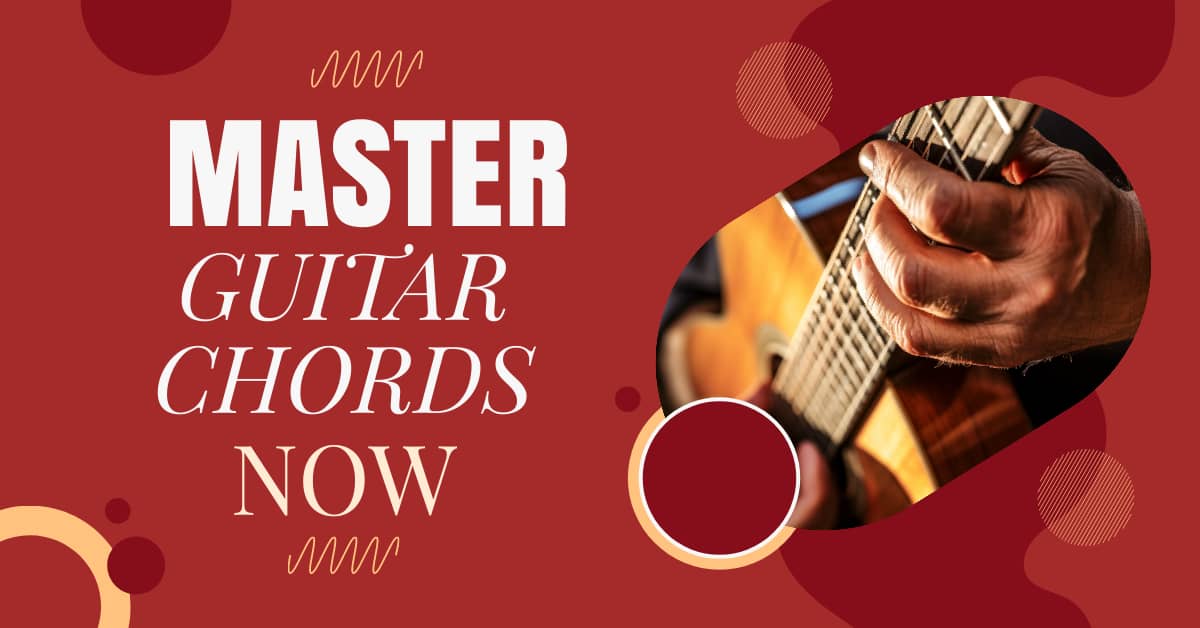Guitar Learning Made SMART: Setting Goals for Excellence

Developing good practice habits is essential for every guitarist, whether you're a beginner or a seasoned player.
Effective practice routines lead to improved skills, faster progress, and a more enjoyable guitar-playing experience.
I will share essential tips and strategies for cultivating good practice habits that will set you on the path to success.
Let's get Guitar SMART
SMART Objectives
Using SMART objectives (Specific, Measurable, Achievable, Relevant, and Time-bound) is an effective formula for good guitar practice because it provides a structured and goal-oriented approach to your practice sessions. Here's why:
Specific
Setting specific objectives helps you clarify exactly what you want to achieve during your practice.
Clearly define what you want to achieve in your guitar practice sessions:
For example, instead of a vague goal like "get better at guitar," you might specify, "learn to play the intro solo of a specific song."
Measurable
Measurable objectives allow you to track your progress.
You can quantify your achievements, such as mastering a specific chord progression, playing a song at a certain tempo, or learning a set number of new scales
KID'S GUITAR PLAYBOOK
CLICK PIC BELOW
Achievable
Ensure your goals are realistic and attainable, considering your current skill level and the time you can dedicate to practice.
If you set a goal of playing a guitar piece that is too difficult to play because it is beyond your current capabilities that might just lead to frustration and annoyance with your guitar playing.
Relevant
Align your goals with your overall objectives as a guitarist, whether it's playing in a band, performing solo, or simply enjoying the instrument.
Prioritise practice that directly contribute to your growth as a guitarist, whether that's improving your fingerpicking technique or mastering a specific music theory concept.
Time bound
Setting time-bound objectives adds urgency and structure to your practice. For example, you might aim to learn a new song's chords and melody within two weeks.
This time constraint encourages regular, consistent practice.
Creating a Structured Practice Routine
Warm-up
Begin your practice sessions with a warm-up routine that includes finger exercises, stretches, and scale practice to prepare your hands and mind for playing.
Technique drills
Dedicate time to work on specific techniques, such as alternate picking, fingerpicking, or chord transitions, to improve your overall playing ability.
Repertoire
Allocate time to learn new songs, practice challenging passages, or refine pieces you already know to expand your musical vocabulary and skills.
Theory and ear training
Incorporate music theory and ear training exercises into your practice routine to develop a deeper understanding of music and enhance your playing.
Maintaining Consistency and Motivation

Schedule regular practice sessions
Set aside dedicated practice time in your daily or weekly schedule to build consistency and make steady progress.
Find a practice space
Establish a comfortable and distraction-free practice environment where you can focus on your guitar playing.
Monitor your progress
Keep a practice log or journal to track your progress and celebrate your achievements, helping you stay motivated and engaged.
Stay inspired
Listen to your favourite musicians, attend concerts, or collaborate with other guitarists to maintain inspiration and motivation.
Balancing Challenge and Enjoyment

Break tasks into manageable pieces
Divide challenging tasks into smaller sections, working on them individually before combining them for a more manageable learning experience.
Embrace mistakes
Treat mistakes as opportunities to learn and grow, rather than viewing them as setbacks or failures.
Reward yourself
Recognize and celebrate your achievements, whether it's mastering a new technique or completing a challenging practice session.
Enjoy the process
Remember to have fun and enjoy the process of learning and playing the guitar, keeping in mind that progress takes time and dedication.
Developing good practice habits is crucial for every guitarist, as it leads to improved skills, faster progress, and a more enjoyable playing experience.
By setting SMART goals, creating a structured practice routine, maintaining consistency and motivation, and balancing challenge and enjoyment, you'll cultivate effective practice habits that will propel your guitar playing to new heights.
Keep practicing, stay inspired, and enjoy the journey!
Need help with your Guitar Playing
I offer Live, online Guitar lesson! For more details CLICK HERE
Your Guitar Practice questions answered
What is a good practice routine for guitar?
A good guitar practice routine includes warm-up exercises, technical drills (scales, chords, and arpeggios), learning new songs, targeted exercises to address weaknesses, music theory, ear training, and cool-down stretches.
Practice regularly, even in shorter sessions, for steady progress
How many hours a day should I practice guitar?
The ideal practice duration varies depending on your goals and available time. Quality practice is more important than quantity.
Aim for focused, goal-oriented practice sessions that could be as short as 15-30 minutes. Set specific objectives for each session, such as mastering a particular technique, learning a section of a song, or improving chord changes.
Consistency is key; daily practice, even in shorter sessions, can yield excellent results over time.
Prioritise targeted and efficient practice over extended hours to make the most of your limited time.
Should I practice guitar every day?
Practicing guitar every day can be highly beneficial for your progress, especially when your practice sessions are goal-focused.
Consistent daily practice, even for shorter durations, helps reinforce muscle memory, technique, and overall skill development.
However, it's essential to strike a balance between dedication and avoiding burnout. If your goals or circumstances require, practicing every day can be highly effective, but it's also crucial to listen to your body and adjust your practice routine as needed to prevent overexertion.
Learn how to choose what finger to use by Reading Guitar Chord Diagrams HERE
Is practicing guitar 30 minutes a day enough?
Yes, practicing guitar for 30 minutes a day can be sufficient if you maintain a focused and goal-oriented approach.
Quality practice that targets specific objectives, like mastering a song section or improving a technique, is more effective than simply logging long hours.
Consistency and intention in your practice can lead to significant progress and skill development, even within a limited time frame.
The key is to ensure that each 30-minute session is purposeful and aligned with your musical goals.
Guitar Practice Checklist

About us
Adrian Curran Guitar Tutor
Greetings, guitar enthusiasts! It's Adrian, joining you from the picturesque Warrenpoint, Co. Down, Ireland, with a rich journey of 27 years dedicated to the guitar.
No matter if you're gently strumming your inaugural chord or masterfully executing solos, I've successfully guided countless individuals to their musical nirvana.
Tailored for aficionados of both the acoustic and electric guitar, my instruction focuses on engaging with tunes you adore, navigating obstacles joyfully, and unraveling the exhilarating experience of musical creation.
Embark on a bespoke musical expedition with me, whether face-to-face or virtually – let's dive into the guitar euphoria together




